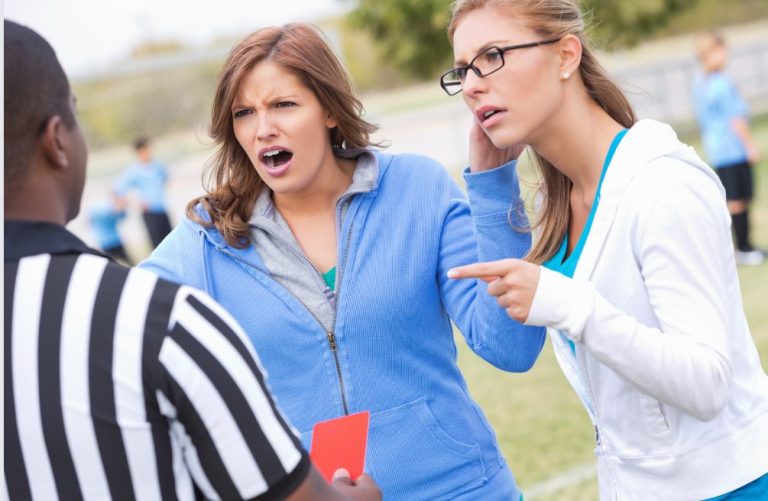It’s difficult these days to really know what’s in the food we buy. Packaging is overloaded with information, most of which means nothing to the average shopper. Going organic is really the only way I know to truly know what’s in your food.
Over 3000 tons of pesticides, including insecticides, herbicides and fungicides are used in New Zealand every year!
These chemicals leave residues in the food we eat and are soaked up by our soil and find their way into waterways. These pesticides end up in the food we consume on a day-to-day basis and are not required to be listed on nutritional labels.
There’s also been much debate around nutritional values of organic growing versus conventional with varying results and opinions.
Isn’t it also interesting that, as a society, we seem to have slipped into accepting that around 60 years of using chemical inputs in agriculture has taken on the ‘conventional’ tag where as the thousands of years of ‘organic‘ methods has been relegated to the abnormal or fringe.
So what’s so bad about pesticides anyway?
First of all, do pesticides even get in to the food we eat?
Well, just cast your mind back to primary school and the experiment with the bean plant in a tumbler of water with red ink- it wasn’t long before the ink was visible in the plant! To me, that shows undoubtedly we are eating what is sprayed on paddocks and plants.
And this shows up in the Ministry for Primary Industries reports, such as the 2013/14 Report on Pesticide Residues in Plant Products. In 444 random samples of fruit and vegetable, they found that 41% of the products showed results of pesticide residues.
However, only 1% of the results exceeded the Maximum Residue Limits.
So, almost half of the fruit and vegetables you’re likely to consumer contain measurable amounts of pesticides. But, almost none of those products exceed maximum limits. So, according to MPI, these foods are ‘safe’.
So are pesticides bad for humans?
Are there links between pesticides and prevalent diseases like cancers and dementia?
Do some people in fact have allergic reactions to the pesticides as opposed to the food?
There certainly is increasing evidence that some commonly used organophosphates can cause neurotoxic effects at low concentrations. An online report by the Cancer Society suggests that contact with pesticides should be kept to a minimum and closely monitored.
According to animal and bacterial tests, some pesticides in common use have been shown to be carcinogenic (ie they can cause cancer in animals) and, therefore, may cause cancer in humans. (Cancer Society, 2004)
Buying organic foods
The simple way to buying sustainable food is to look for the organic certified label to be sure no pesticides are in the food or used in producing the food you bring home.
Buying organic food can be a pricey alternative; however even swapping some of our daily diet staples, such as bread, can be a positive step to supporting sustainability.
There are various ways to buy organic produce on a budget, such as local farmers markets and if you happen to live in rural New Zealand you can buy some of the plums or berries that your neighbours may grow on their land.
When buying fresh produce even in your local supermarkets ensure you choose what is locally grown and what is in season. By buying local produce you are not only supporting New Zealand’s agriculture, but also cutting down on the fuels used to import out of season and normally over priced food.
Check out this link for more information on going organic on a budget.
Growing your own organic foods
A great way to be sure your food is fresh and pesticide free is to grow it yourself.
Not only can you grow your own delicious fruits and vegetables, but it can be something the whole family can really enjoy.
Encouraging the younger generations in these activities can be an invaluable educational experience in learning the importance of being sustainable not only in what we buy, but in our own homes.
Food Matters suggests these 10 great reasons to grow your own organic produce:
1. GET THE NUTRITION YOU NEED & ENJOY TASTIER FOOD!
2. SAVE MONEY
3. PROTECT FUTURE GENERATIONS
4. PREVENT SOIL EROSION
5. PROTECT WATER QUALITY
6. SAVE ENERGY
7. KEEP CHEMICALS OFF YOUR PLATE
8. PROTECT FARM WORKERS & HELP SMALL FARMERS
9. PROMOTE BIODIVERSITY
10. HELP BEAUTIFY YOUR COMMUNITY
We’re lucky here in New Zealand to have an abundance of local farmers markets and great orchards and small farms right outside the cities providing us with fantastic produce.
We can grow our own seasonal fruits and vegetables in the garden and create a fun and educational experience for our children. By adopting sustainable practices we are supporting local business and creating a healthier and safer environment for our families.
For more expert advice on living sustainably, check out our I believe in sustainability section.





